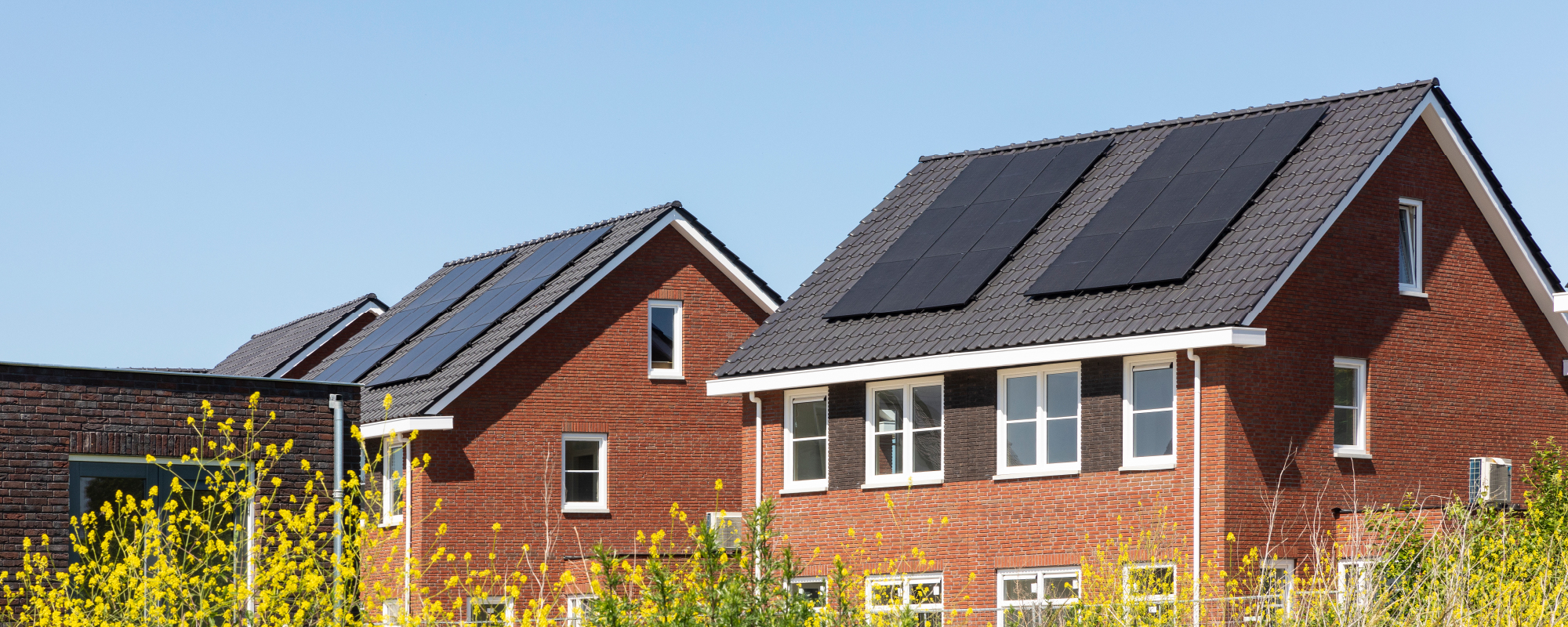Policy certainty in the heating sector has taken a turn. The Government has delayed the fossil fuel car and boiler phase out date, with crucial industries helping to deliver Net Zero affected.
The announcements sparked mixed reactions, however many in both the heating and vehicle industry were quick to label the changes as ‘disappointing’, with the PM sending the ‘wrong signals’ at a crucial point in the energy transition. Whilst the heat pump consumer grant scheme, the Boiler Upgrade Scheme (BUS), was given a generous 50% increase in the amount of funding consumers can claim to decarbonise their heating, this was overshadowed by the delayed phase out date for fossil fuel boilers. The industry understandably feels confused without policy certainty.
The PM also announced that it would not mandate further regulation to improve the energy efficiency of rented homes. Stalling on Net Zero commitments also has significant negative effects for consumer confidence, and 20% of households will be exempted from ever replacing their fossil fuel heating system. A weakening of government messaging may further damage consumer confidence in low carbon technology. The Climate Change Committee (CCC) have echoed these concerns, placing serious doubts over the UK’s ability to meet its climate ambitions1.
Without ambitious policy, consumers will need to take it into their own hands to decarbonise their heating ahead of planned regulation, with schemes like the BUS now at the forefront of decarbonisation efforts. The Government has confirmed in their response to the CCC’s recommendations that heat pumps are expected to become the primary heating technology for new homes2. Heat pump installations in new build homes are expected to increase under the 2025 Future Homes Standard, with a consultation on this expected to be published soon. However, the story is looking much different for the retrofit market.
We have analysed the state of the current market, and evaluated how more funding alongside firm commitments from the Government can help to kickstart the UK’s energy transition.
How are heat pumps currently performing?
The UK has committed to installing 600,000 heat pumps per year by 2028, however current MCS statistics show that the country is currently managing just over 59,000 yearly3. The BUS has not been performing well, spending only a third of its first-year budget. As £90 million was returned to the Treasury, the House of Lords conducted an inquiry into the scheme, concluding that it was ‘failing to deliver’4. With the average cost of an air source heat pump system at around £11,500, consumers are still often unable to front the remaining costs5. It was also said that public awareness of low carbon heating systems, and the support available, was limited. The first few months of the schemes second year showed limited signs of improvement. In August 2023, the monthly growth rate in applications to the scheme had stalled completely, and just 982 systems were installed in the month of August. In addition to this, it is reasonable to expect a halt in applications across the next few months as homeowners awaited a possible increase in grant funding.
The Energy Company Obligation (ECO) obligates medium to large energy suppliers to support measures that improve the ability of low-income households to heat their homes. ECO4 runs alongside the new Great British Insulation Scheme, with the former supporting low carbon heating systems such as heat pumps, and the latter focusing on insulation measures across the home. ECO4 has complimented heat pump installs alongside the BUS, whilst the Great British Insulation Scheme helps to ensure more homes are suitable for the technology. In total, various iterations of the ECO scheme have installed over 8,000 heat pumps, with a significant increase recently compared to previous iterations. 1,070 of these were installed in July 2023 alone. This represents a 5% growth rate from the previous month, and a 44% increase compared to the previous quarter. The scheme is now performing better than the BUS in terms of individual installations, and it is worth mentioning that a change in the way rural properties are scored in Scotland and Wales has been an important player in this recent growth.
Nevertheless, each ECO scheme works slightly differently, and consumers must feel informed enough to reach out to their energy suppliers if they believe they may be eligible for support. The Sustainable Energy Association has highlighted how replacing these programmes with a single National Retrofit Strategy is needed to fully decarbonise homes and buildings at the scale required to reach the UK’s Net Zero targets6. It would also help to reduce confusion as consumers navigate different support programmes.
Other funding schemes have been put into place to help low-income households and social housing tenants upgrade their heating systems, such as the Social Housing Decarbonisation Fund (SHDF) and the Home Upgrade Grant (HUG). However, these schemes have made only small contributions towards overall heat pump installation figures, with notable downturns in recent months. SHDF installed just 122 heat pumps in July and HUG just 69.
What lies in the future for the heat pump market?
Analysing the state of the UK heat pump market brings both concerns and grounds for hope. The Government’s decision to opt for a pragmatic approach to decarbonisations has placed further doubts on the nation’s ability to meet its climate obligations, with consumers likely to side-line heating system upgrades as a result.
However, the above data shows that overall, grant funding schemes are beginning to take off. As the Government committed to promoting available grant funding after the House of Lords’ scathing BUS report, and as recent announcements backed more funding under the scheme, it is likely that more customers will take advantage of the opportunity to upgrade their heating. Consumers also have other opportunities to save money through smart energy tariffs and time of use discounts offered by energy companies.
Additionally, with the cost-of-living crisis placing the spotlight on energy suppliers to reduce energy bills for consumers, their obligations under ECO to provide additional energy efficiency support will take centre stage.
Footnotes
[1] Climate Change Committee (2023). CCC assessment of recent announcements and developments on Net Zero. Available here.
[2] Government responses to the Committee on Climate Change (CCC) annual progress reports – GOV.UK (www.gov.uk)
[3] The MCS Data Dashboard – MCS (mcscertified.com)
[4] UK Parliament (2023). The Boiler Upgrade Scheme is failing to deliver, says Lord committee. Available here.
[5] Nu-Heat (2023). A complete guide to the new Boiler Upgrade Scheme. Available here.
[6] Sustainable Energy Association (2023). The SEA Responds to the Government’s Recent Powering Up Britain ‘Green Day’ Announcements. Available here.


